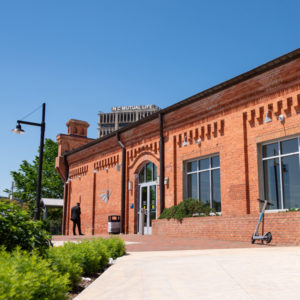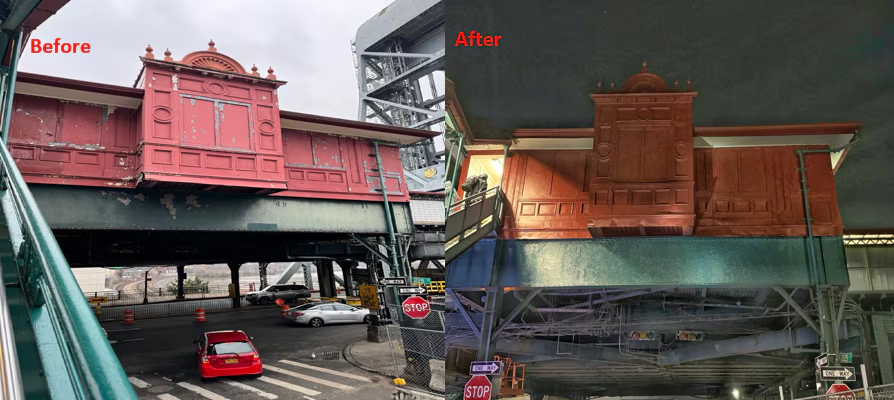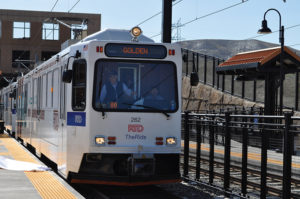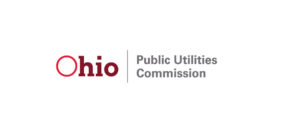Preliminary engineering for Ottawa LRT project nears completion
Written by jroodCapital Transit Partners, a joint venture combining the talents of Morrison Hershfield Limited, STV Canada Consulting Inc., URS Canada Inc. and Jacobs Associates Canada Corporation, is currently completing the preliminary engineering phase for the $2.1 billion Ottawa Light Rail Transit project. The project, which is the first stage in Ottawa's planned 40 km (24 mile) light-rail network, will see the construction of a 12.5 km (7 mile) LRT system including 3 km (2 mile) of tunnel under the downtown and 13 stations, three of which will be in the tunnel portion. Implementation of the new system will include converting portions of the existing Bus Rapid Transit to light rail (one of the first such undertakings in North America). The preliminary engineering assignment, awarded to CTP in September 2010 and now nearing completion, required CTP in advancing the OLRT design to reduce capital and operating costs, improve operating characteristics, reduce future maintenance requirements, minimize construction related impacts and minimize impacts to adjacent properties. CTP also developed the Request for Qualifications and contributed to the related Request for Proposal documents for what will be a Design, Build, Finance and Maintain project. During the assignment, the city of Ottawa made the decision to accelerate the overall project schedule by one year, moving the proposed opening date from the spring of 2019 to the spring of 2018. This decision to advance the overall schedule resulted in the CTP assignment being accelerated by six months to allow the construction of the system to begin in early 2013, approximately six months earlier than had been planned. CTP, due to its experience in planning, design and procurement of LRT projects, was able to meet this new deadline. In addition to the city of Ottawa's own financial contribution, the OLRT project is supported by both the federal and provincial governments who are providing up to $1.2 billion of the project costs. The city will require the winning proponent to finance up to $400 million of the construction cost. All three levels of government are clearly committed to working with the successful proponent in delivering an innovative, world-class transit solution.





